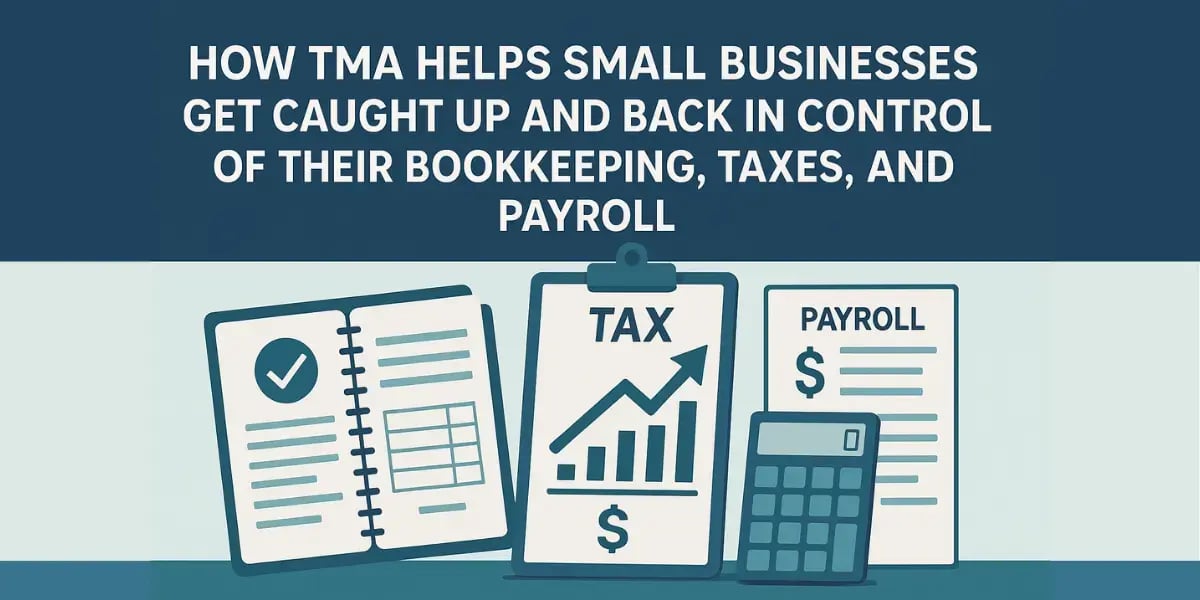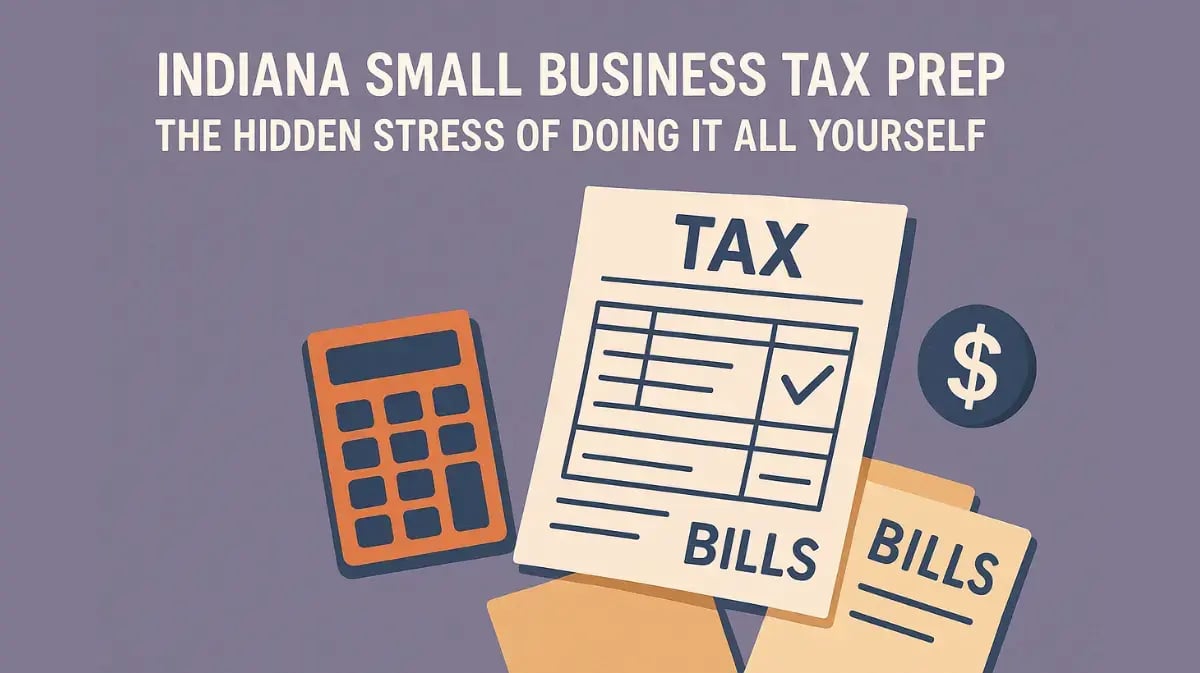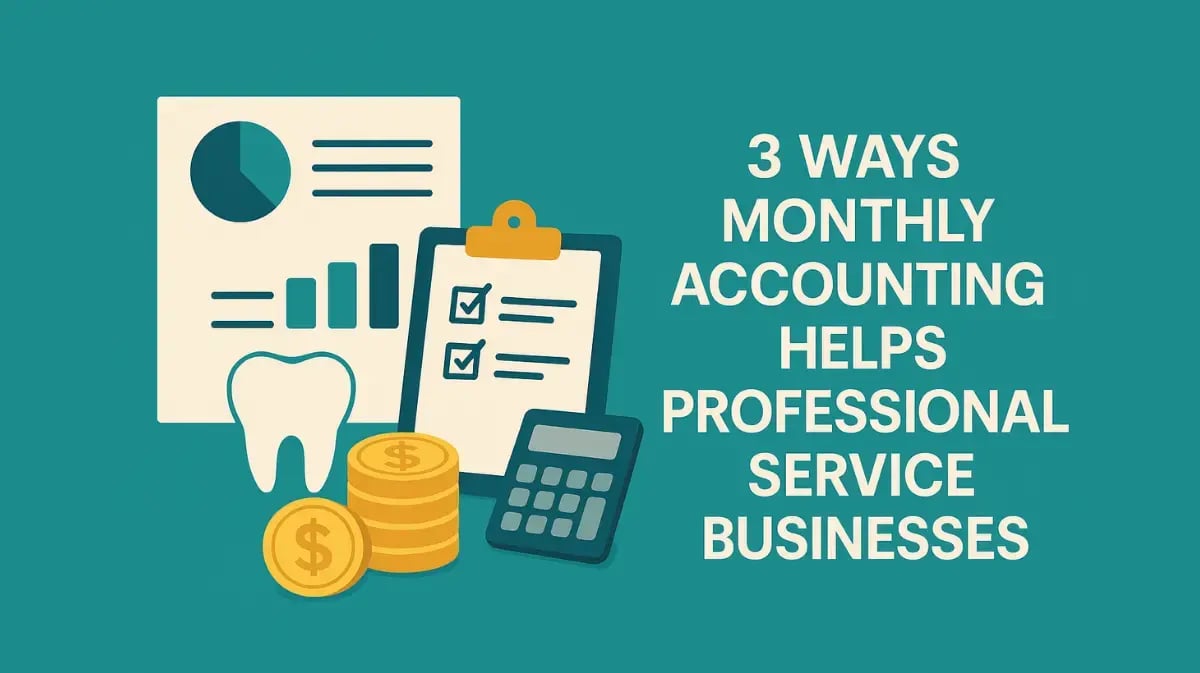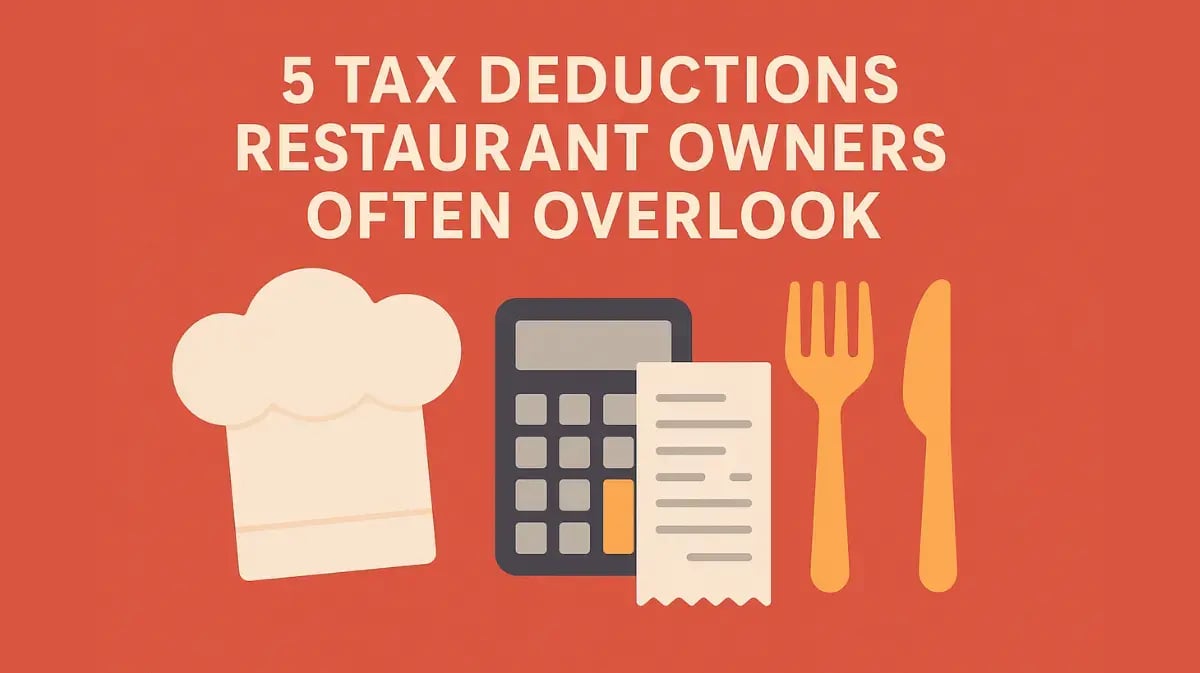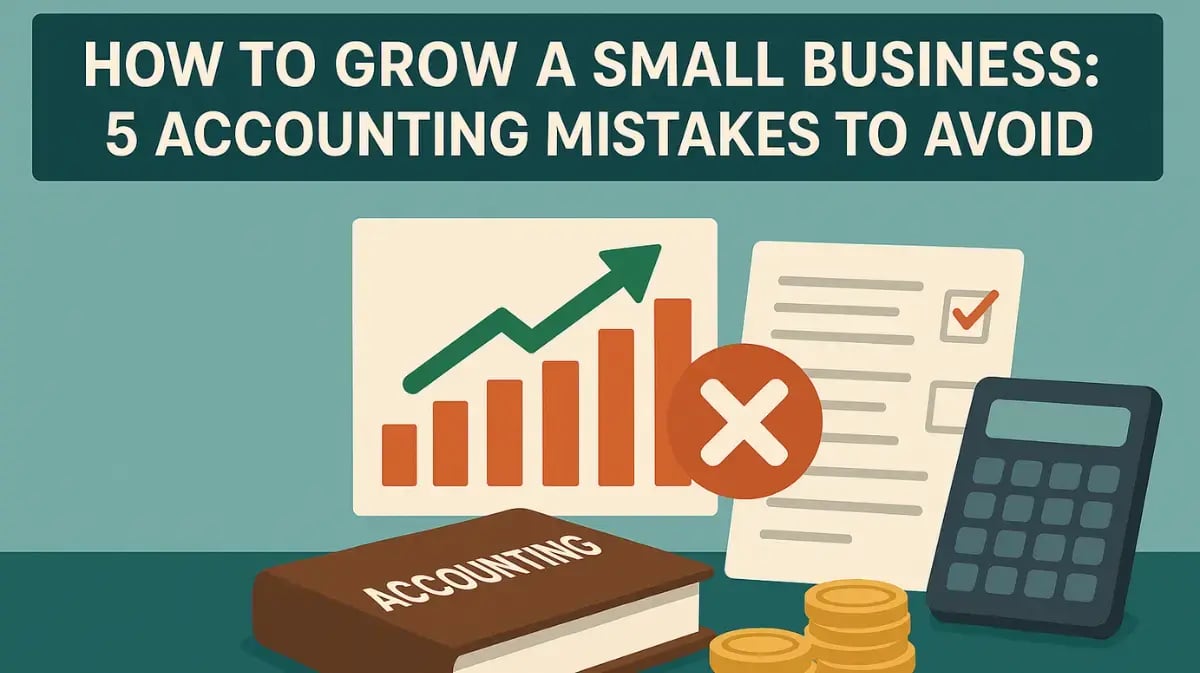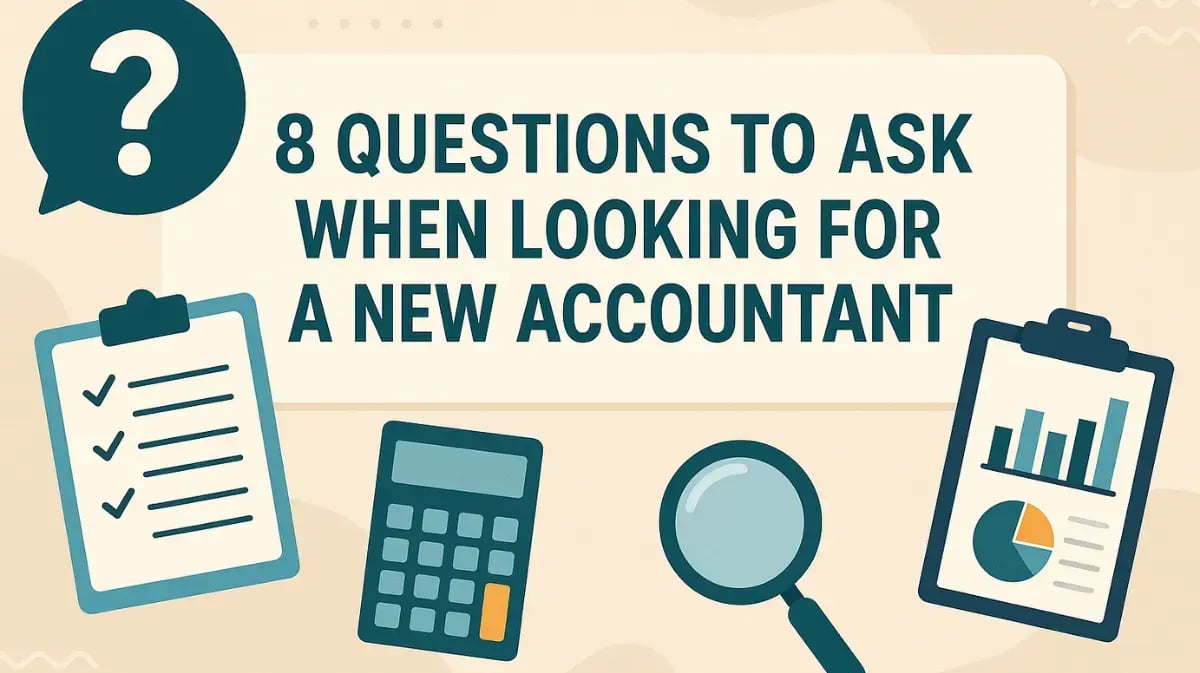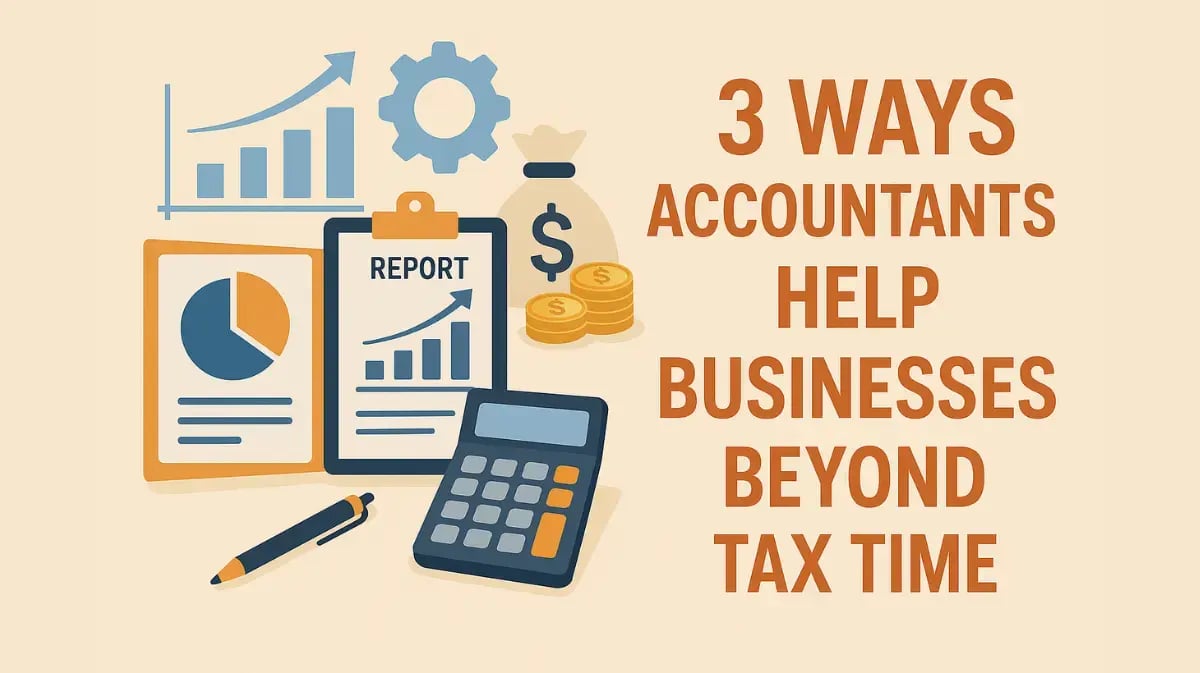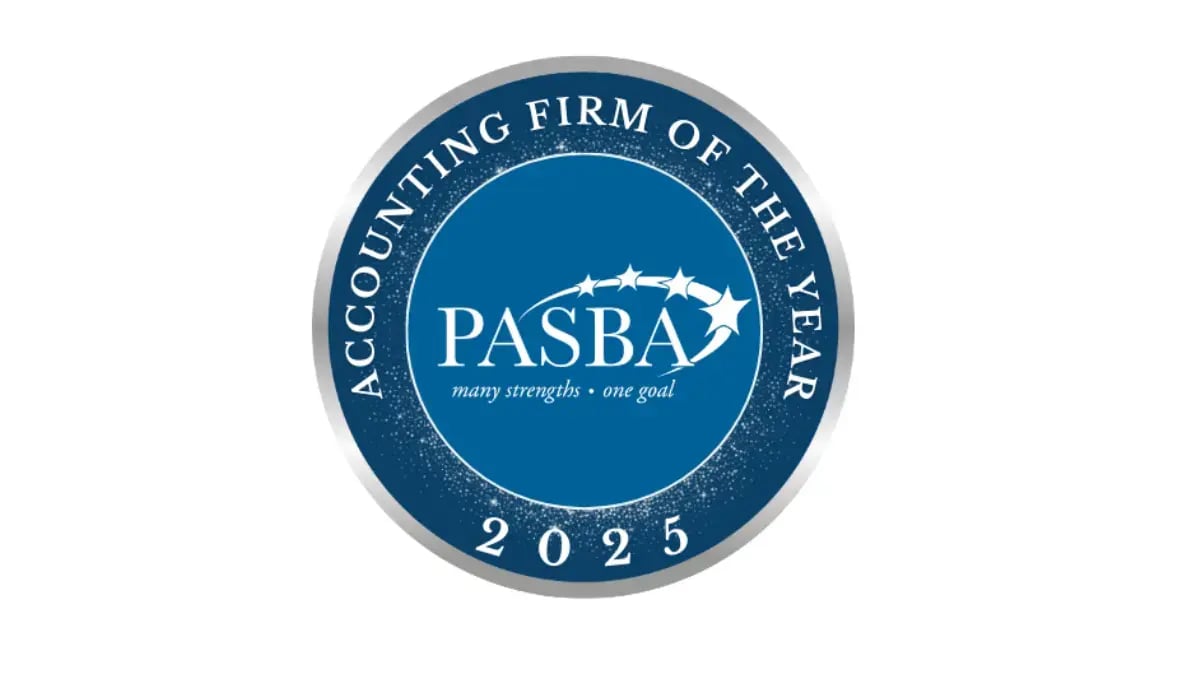Over the years, McDonald's has been able to sell hundreds of billions of hamburgers.
The business started with a single drive-in burger stand started by two brothers in Southern California. Now the company has grown to more than 38,000 locations worldwide.
Why? One of the reasons for the chain's success is that many McDonald's restaurants are franchise operations with the owners on the premises. Therein lies a lesson for all business owners.
Take the case of the absentee owner of a chain of gift shops. Although sales had fallen off recently, most of her stores were still at least breaking even. One location, however, was faring worse than the others.
For several years, this particular shop had a store manager who worked mostly from home or various other locations. The owner considered closing it down, but before doing so, she decided to spend some time at the problem location.
Cause of the Problem
It didn't take long to identify the cause of the store's distress. The place was filthy, the inventory wasn't being ordered on a timely basis, and staff morale was poor. Even worse, the manager, who was being paid a healthy salary with benefits to run the store, wasn't there most of the time. The owner also learned that the shop was routinely being closed an hour or two early.
The owner fired the store manager and took charge of the operation personally. Within a short time, sales bounced back, and the store was operating in the black again.
Even when times aren't so challenging, you can improve your company by becoming more of a motivational force. Start attending staff meetings that you ordinarily pass up. Write an article for your company's internal newsletter or start a "for employees only" blog. Go on customer calls with your sales reps. Spend some time on the assembly line, the loading dock, or the sales floor.
Let your people know that you're willing to roll up your sleeves and pitch in. Your involvement will make a difference!
Find "Hidden" Revenue Opportunities
While you're at it, conduct a thorough profit audit. It might uncover ways to generate revenue that you've been overlooking. Here are five ideas to get you started:
- If you're interested in borrowing money, it's important to have an up-to-date marketing plan. But have you considered showing a potential lender a profit plan as well? Think of the extra capital you may be able to borrow by painting a realistic picture of your long-term profit potential.
- Don't rely solely on traditional sales goals that are based on the previous year's performance. This encourages your sales force to coast when those benchmarks are achieved. Instead, compile some good market projections and set a higher goal.
- Don't confine sales to the sales department. Train all your employees to be on the lookout for leads. If the referrals result in extra sales, give those employees a small piece of the sales commissions or some other reward.
- If you ask 10 employees what your company does best, you'll probably get a variety of answers. Conduct a few management meetings to identify your unique selling proposition (USP). This is the specific thing that makes your business different from and better than your competitors. Going forward, communicate your USP to employees, customers, and prospects.
- What products or services should you eliminate? This can be a painful question for many businesses. Most likely, you and your top managers already know the answer. Get it out in the open so you can start focusing on only profitable activities.
Every business owner or manager should find some way to become more involved and look for undiscovered revenue-building opportunities — especially during tough times. Now is the time for your leadership to really make a difference.
Have more questions for the TMA Accounting team? Reach out and start a conversation.
© 2023
Blog Disclaimer: Nothing in this post constitutes legal, tax, or financial advice and is intended for informational and educational purposes only. This informational and educational material is not intended, and must not be taken, as legal, tax, or financial advice on any particular set of facts or circumstances or as recommendations that are suitable for any specific person. You need to contact a lawyer, accountant, or financial adviser licensed in your jurisdiction for advice on your specific questions, issues, and concerns. View our full here.









